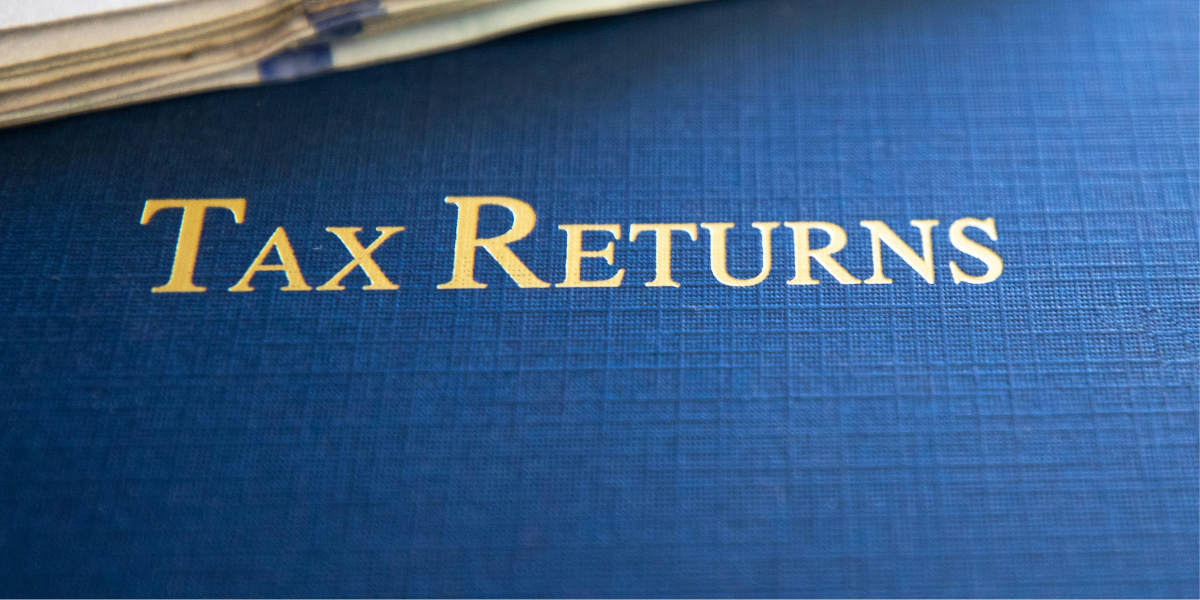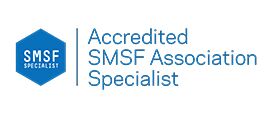As the ATO continues to upgrade their data matching capabilities each year, tax audits are becoming increasingly well targeted. For those who are audited, this can be very stressful and also potentially expensive.
The ATO is becoming better at detecting returns that forget to declare foreign income or claim an usually high amount of work-related deductions. Here are some simple ways you can reduce the likelihood of drawing unwarranted inspection by ATO.
1. Never Hide Any (Source of) Income
If you are an individual, it is essential that you include all the taxable income in your return. The responsibility for declaring all your income sources lies with you, therefore make sure you report everything as the taxmen can use a variety of information sources to verify your claims.
Additionally, when it comes to your work-related expenses, if your deduction claims are unusually high in comparison to other businesses in the same industry, the ATO will investigate further to check that your claims are accurate.
2. Monitor Business Reports Closely
When it comes to small business, the ATO scans for companies that fail to register or underreport their sales (both cash and electronic). You should ensure that you keep the business records clean and submit accurate sales statement.
In addition to this, with more customers opting for electronic methods of payment, the ATO has become increasingly interested in ‘cash-only’ businesses as they are more likely to dodge taxes.
If your business operates as ‘cash-only’ or does not accept electronic payments, you are required to keep a detailed record of your payments.
3. Be Careful With Property Investments
Tax deductions claimed on rental properties can be another red flag for ATO; therefore, it is essential to follow the rules. Make sure you understand the difference between the claims for depreciation and claim expenses for periods when your property is being rented out. Also, you cannot claim travel expenses if you go for an inspection of your property or undertake a maintenance task.
Furthermore, remember the ATO takes non-commercial rental income from a holiday home into consideration. Therefore, if you are letting your property to a relative or friend at a discounted rate, you need to restrict the amount of deductions you claim to avoid any scrutiny.
For tax consultation and other financial advice, contact our team at Zimsen Partners today.











